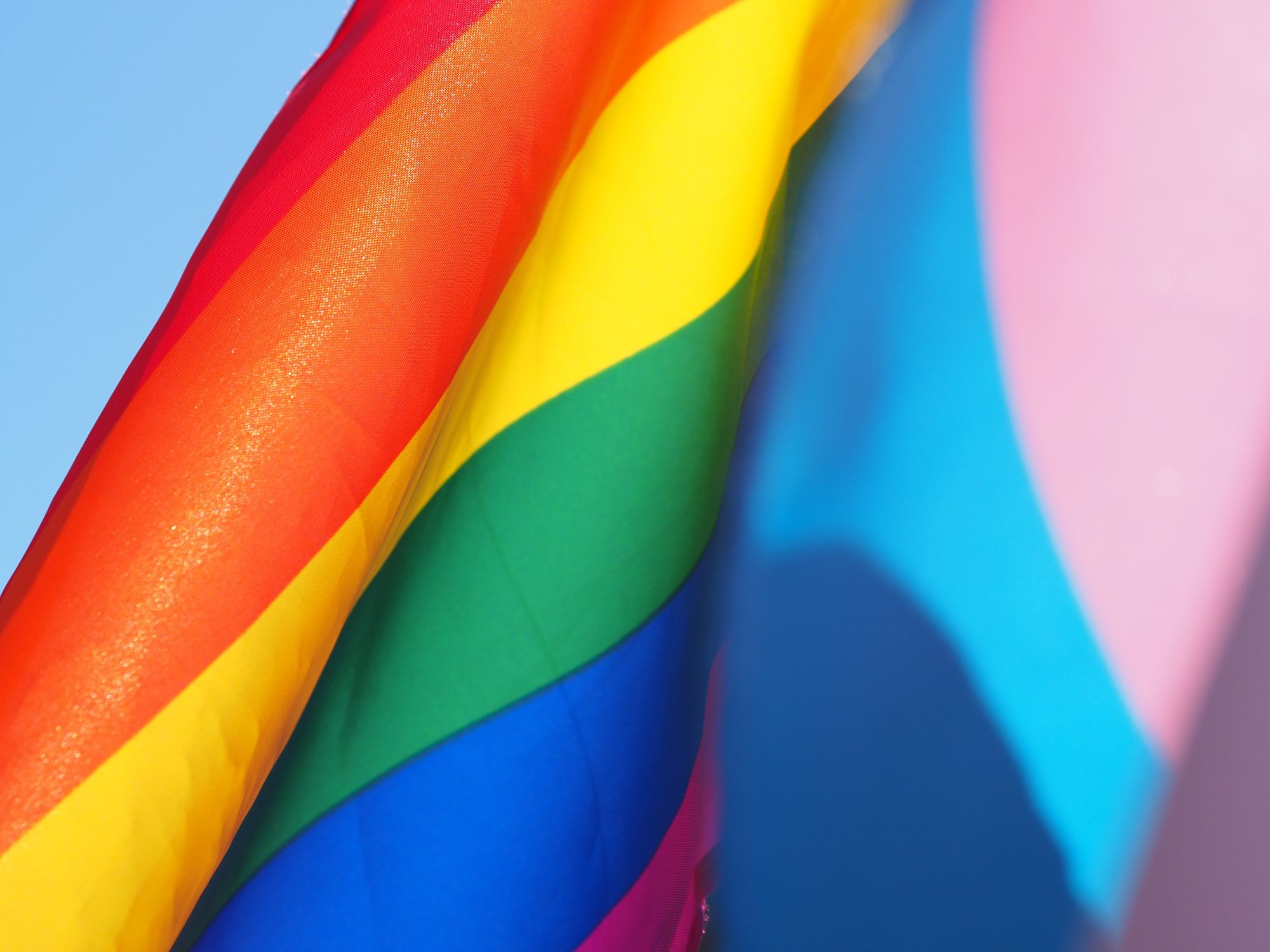Falsehoods programmers believe about gender (and sex)
Sex and gender are complicated. If you want my advice, it's that your app probably doesn't even need to collect this information.

Don't worry, programmers; plenty of doctors, therapists, lawyers, politicians, bureaucrats, teachers, and stand up comedians are all operating under the same false assumptions. Sex and gender are complicated. If you want my advice, it's that your app probably doesn't even need to collect this information. And if it does, you need to be sure you understand why and be clear about what it's used for.
The Falsehoods
- There are two distinct genders
- There are 3 distinct genders?
- There is an enumerable set of genders
- Okay, in a given culture there is an enumerable set of genders
- Sex and gender are the same thing
- Well, close enough that they can be used interchangeably
- Sex will determine gender
- Intersex conditions are extremely rare
- Gender can be reliably observed at birth
- I meant sex can be observed
- Come on!
- Gender is reliably recorded on birth certificates
- Gender can be reliably determined by some medical test
- Sex can be determined by a test?
- There is some trait that defines a person's sex
- There are two opposite sexes
- Fine, but there are definitely two distinct sexes
- Everyone has one gender
- Everyone has a fixed set of genders
- Everyone has a consistent gender throughout their lifetime
- Everyone knows what their gender is
- Everyone has one gender
- Transgender is a gender
- Transgender people are extremely rare
- Non-binary people are extremely rare
- There are only he/him and she/her pronouns
- And they/them
- Okay, in a given culture there is an enumerable set of pronouns
- What do you mean by neo-pronouns?
- Whatever, a person would only use one set of pronouns at a time
- A person's legal gender will match their actual gender
- A person's legal documents will all agree on a person's gender
- There is such a thing as a legal gender
- At least this list is exhaustive, right?
Real Talk
While this list is meant to be informative, it was also a little bit tongue in cheek. I mean, even more so than usual. And it's a coming out post. I'm transgender. And gay, for that matter. This will come as no surprise to the people who know me personally or who follow me on Twitter. I started coming out at the beginning of 2018, but I kept it off my blog for the last year and a half. Partially because transition sort of overwhelmed the rest of my life for quite a while and I wanted this little space where it wasn't a concern. Partially because I thought it shouldn't matter; that it wasn't relevant to the software engineering topics I discuss here. Partially because I was afraid of discrimination.
But, it's pride month. My understanding of the concept of pride has evolved over time. I started out thinking that pride was really just a refusal to be ashamed. I didn't see being gay or trans as something to be proud of. They're not accomplishments. But they don't have to be. Since then, I've come to be proud of myself. Not because of my gender, but inclusive of it. And I'm proud of my community. I've also grown to appreciate the importance of visibility. Until recently, I didn't really have any role models I could look up to. I couldn't imagine a life where I could be happy, successful, or accepted and also be my true self. In part, that's because I never had any example to follow. It's hard to describe how much that hurt me. How much I hurt myself because of it. And it's why I think it's so important to be visible.
The conclusion of my views on pride and visibility is that being open about these parts of myself is not unprofessional. And in fact it's vitally important for me to do. For myself. For my community. And most importantly for the people who are struggling alone and in secret with their own identities. I can't divorce myself as an engineer from the rest of me. And I shouldn't try. Case in point: now you know something about the experience that informed that list.
Cover photo by Cecilie Johnsen